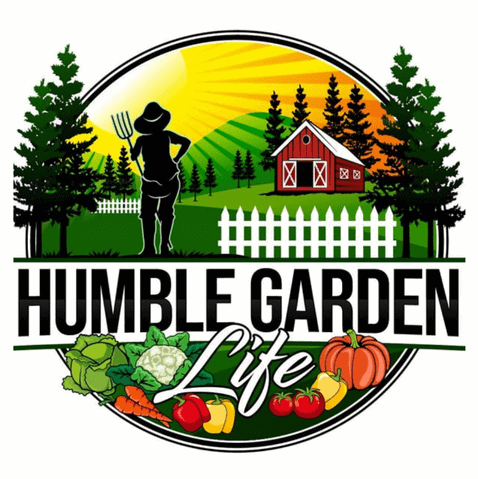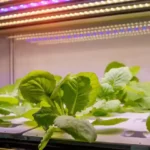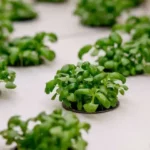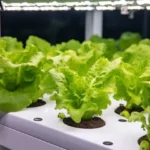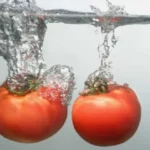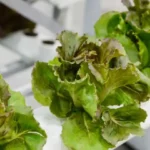Have you ever questioned the health benefits of hydroponic vegetables versus traditional soil-grown ones? You may be curious and ask yourself, “Are hydroponic vegetables healthy?” Perhaps you’re seeking clarity on the best diet and overall well-being option. I understand the importance of making informed choices about your health, which is why I’ll provide you with straightforward insights into the nutritional value and safety aspects of hydroponic produce.
The nutrient content of hydroponic vegetables varies based on the specific solutions used in the system. In hydroponic systems, plants receive essential nutrients through nutrient solutions rather than soil.
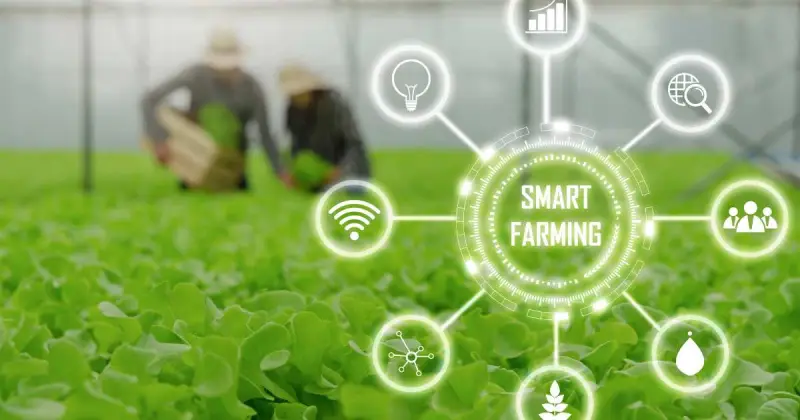
In this article, you’ll discover the health benefits of hydroponic vegetables compared to traditional soil-grown ones. I’ll help you understand nutrient content, chemical usage, and safety concerns to make an informed decision for your diet.
So, once you’ve chosen the right hydroponic system that suits your needs, if hydroponic vegetables genuinely stand out as a healthy choice in the world of fresh produce, keep reading and explore the various factors that influence their overall healthiness. Get ready to uncover valuable information that will empower you to make the best choices for your health and well-being.
Humble Highlights
- Ensure precise nutrient control by monitoring and adjusting the nutrient solution regularly so you can reduce contamination risks by using sterile growing mediums and strict sanitation practices.
- Save time and prioritize pesticide-free practices by implementing biological pest control methods to enjoy faster growth when cultivating your hydroponic vegetables – even if you’re a total beginner!
- Save money by creating a controlled environment by regulating temperature, humidity, and light levels so you can boost optimal plant growth.
Nutrient Content Of Hydroponic Vegetables
Specific nutrient mix provided to the plants at intermittent yet crucial times plays an essential role in determining the mineral content and overall nutritional value of the vegetables. Additionally, using artificial light in hydroponic setups influences the synthesis of nutrients in plants, impacting their nutritional composition.
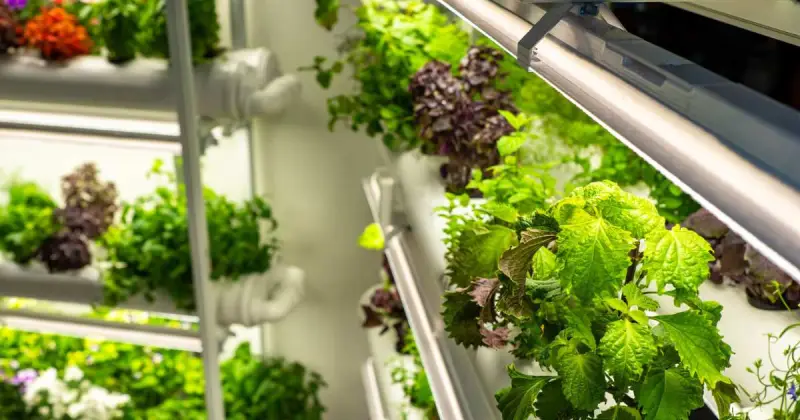
Selecting the appropriate nutrient solutions and monitoring their levels diligently is vital for ensuring that hydroponically grown vegetables are rich in essential vitamins, minerals, and other nutrients.
By carefully adjusting the nutrient mix, hydroponic growers can produce vegetables with comparable or even higher nutrient levels than conventionally grown produce. 1
This method allows for precise control over the plant’s nutrient intake, resulting in growers that can customize their vegetables to meet specific nutritional requirements. Whether using organic nutrients or synthetic blends, the nutrient content of hydroponic vegetables can be optimized for maximum health benefits, even for novice growers, who are just getting into this growing practice.
Comparing Hydroponic And Soil-Grown Produce
The nutritional content of hydroponic and soil-grown produce varies due to cultivation methods and environmental factors. Factors to consider include:
- Nutrient Variations: Studies show differing nutritional content in hydroponically grown and soil-grown vegetables.
- Growing Environment Impact: Growing conditions affect antioxidant levels in plants, impacting overall nutritional profiles.
- Controlled Nutrient Solutions: Hydroponic systems offer precise nutrient control, promoting higher growth rates.
- Soil Benefits: Soil-grown vegetables benefit from microbial interactions and soil health, influencing nutrient content.
- Comparative Challenges: Variations in nutrient formulas complicate comparing nutritional content between the two cultivation methods.
Understanding these differences helps consumers make informed choices about produce nutritional value. 2
Potential Chemical Use In Hydroponics
In hydroponic farming, growers commonly use water and nutrient solutions to optimize plant growth and yield while minimizing contamination risks. They avoid harmful pesticides and carefully manage nutrients to ensure plant health. Compared to traditional farming methods, hydroponic systems have controlled environments that help reduce contamination risks.
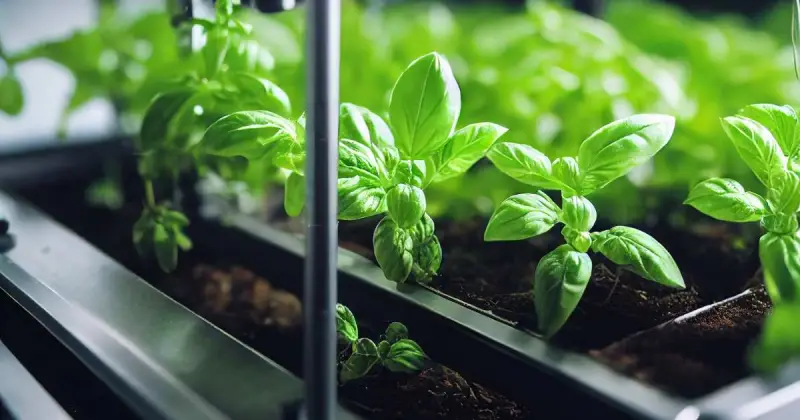
Growers’ proactive approach prevents water contamination, lowering the chances of food recalls.
Washing hydroponic vegetables before consumption is always recommended to eliminate potential contaminants acquired during transportation or storage, even if that transportation is from your backyard to your kitchen. 3
The table below provides key points about chemical use in hydroponics.
| Key Points |
|---|
| Common use of water and nutrient solutions is always suggested by following the label’s directions. |
| Avoidance of harmful pesticides is recommended if you’re goal is to grown organically. |
| Reduction in contamination risks. |
| Responsible management of nutrients in both usage and storage. |
| Washing vegetables before consumption is advised. |
Sometimes, it’s difficult to determine whether a home gardening practice is safe, especially for beginners. That’s why starting small and taking each challenge as a learning experience is essential. Check out this short yet informative video explaining how to safely cultivate your crops hydroponically!
Pesticides In Hydroponic Vegetable Farming
With the meticulous avoidance of harmful pesticides in hydroponic vegetable farming, it’s essential to understand the impact and significance of pesticide-free practices within controlled hydroponic environments. Hydroponic systems significantly reduce the need for pesticide application, benefiting from controlled and sterile conditions.
The risk of pesticide residues in hydroponic vegetables is notably lower than in traditional, soil-grown crops. Hydroponic farmers prioritize avoiding pesticides to maintain their produce’s health benefits. The controlled conditions in hydroponic systems ensure that vegetables remain pesticide-free while flourishing in a sustainable and innovative environment. 4
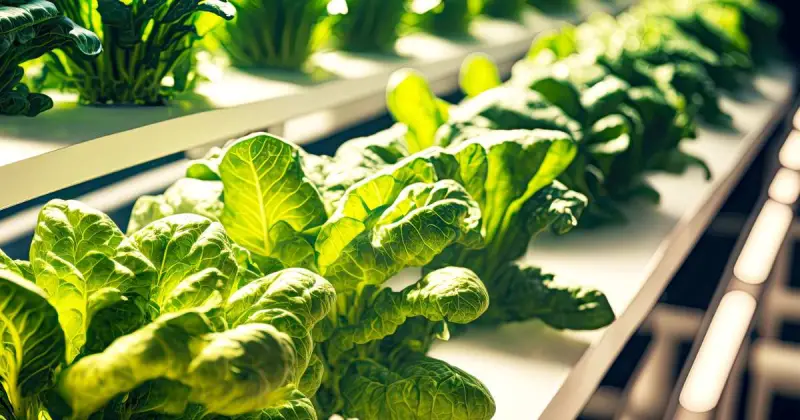
Safety Concerns: Hydroponics vs. Soil-Based Farming
When comparing safety concerns between hydroponics and soil-based farming, it’s crucial to assess each method’s distinct advantages and potential risks. Hydroponic vegetables have lower contamination risks than soil-grown crops because they are cultivated in controlled environments.
This controlled environment helps mitigate potential hazards associated with soil-based agriculture, such as soil-borne diseases and pesticide use. Hydroponic produce thrives in optimal conditions for nutrient absorption, resulting in healthier crops.
In contrast, soil-based farming may carry higher contamination risks due to soil characteristics, making hydroponic food a safer option. While soil quality is vital for nutritious crops, hydroponic plants can be just as healthy as soil-grown ones. 5
Effective nutrient management in hydroponic systems plays a critical role in preventing water contamination and ensuring the safety of hydroponic produce. Regarding safety concerns, hydroponic farming presents a promising and innovative method for food cultivation.
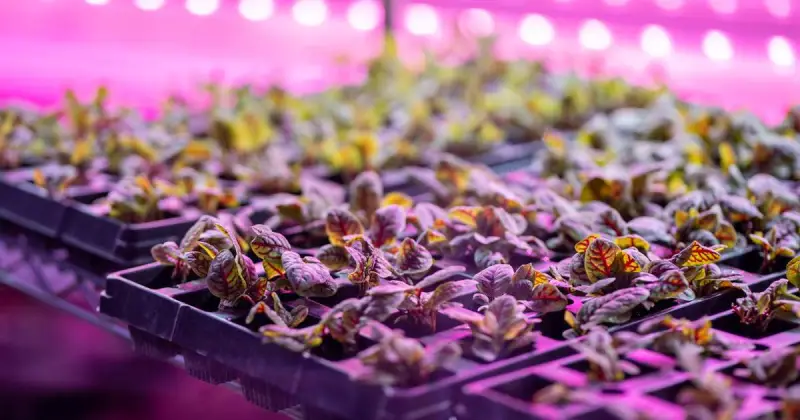
Conclusion
Opting for hydroponic vegetables can be a smart choice for your health. These uniquely cultivated crops are packed with essential nutrients and are grown with fewer pesticides, offering a fresh and wholesome alternative to traditional produce practices.
By incorporating hydroponic vegetables into your diet, you can get a good dose of vitamins and minerals to support your overall well-being. Consider switching today to enjoy the benefits of these nutritious and vibrant vegetables.
What hydroponic vegetables do you currently grow at home? We’d love to know what you’ve been munching on and the difference you notice between home-grown hydroponics and store-bought vegetables. Take a moment right now and drop us a line in the comments section below!
SOURCES
- National Library Of Medicine, National Center For Biotechnology Information – Controlled Comparisons Between Soil And Hydroponic Systems Reveal Increased Water Use Efficiency And Higher Lycopene And B-Carotene Contents In Hydroponically Grown Tomatoes
- Nature.com, Scientific Reports – Enhanced Vegetable Production In Hydroponic Systems Using Decontamination Of Closed Circulating Fluid
- National Library Of Medicine, National Center For Biotechnology Information – Hydroponic Solutions For Soilless Production Systems: Issues And Opportunities In A Smart Agriculture Perspective
- MDPI – Hydroponic Agriculture And Microbial Safety Of Vegetables: Promises, Challenges, And Solutions
- Princeton University – The Future Of Farming: Hydroponics
